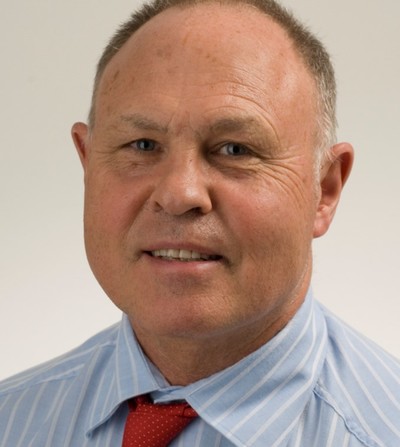 |
||
Jeremy Hornibrook is Otolaryngolgist-Head and Neck Surgeon at Christchurch Hospital, previously in Wellington 1984 -1989, and has been Head of Department in Wellington and Christchurch. Professor in the Department of Communication Disorders, University of Canterbury since 1998. His main research interest is the voice and the causes of recurrent vertigo attacks (Meniere’s disease, vestibular migraine and vestibular paroxysmia). A member of the Equilibrium Committee of the American Academy of Otolaryngology-Head and Neck Surgery since 2008, International Board Member of the Prosper Meniere Society, member of the Barany Society, and founded the New Zealand Society for Balance, Dizziness and Vertigo Inc. in 2013 (www.vertigosociety.nz). The Balance and Cognitive Disabilities of Chronic Perilymph Fistula
Perilymph fistula (PLF) has been hitherto defined as perilymph leak at the oval or round windows. First recognised as complication of stapedectomy surgery before tissue sealing of the prosthesis it was later found to follow from trauma.
In a patient presenting after an acute event (air bag explosion, direct trauma over the ear, flying and diving barotrauma) it may be early suspected. But it can present with disabling balance and other symptoms for months or even years after quite mild head trauma, with all symptoms (including congnitve) attributed to the head injury. These patients have a unique balance abnormality and do not have to have a hearing loss. Chronic PLF is the most serious and disabling peripheral vestibular condition which is curable. A series of over twenty patients with chronic PLF will be presented, including a video on a recent case now published on Youtube https://youtu.be/2DXgQMnlgbw.
Using the iPhone for Voice Recording in Laryngology When surgically treating dysphonia the most important criterion of improvement is patient satisfaction with the voice, but voice recordings are the most robust proof of effect. Prior to digital technology pre and post-treatment voice recording was cumbersome, time-consuming and usually not attempted. High quality digital recordings are conducted in a voice lab, which is not always convenient.
It was decided to test whether a readily available mobile phone recording could be of equivalent quality for both subjective and objective measures. On 22 normals, 22 voice patients and 5 surgically treated patients voice recordings were made in the voice lab. The same recording was made on an iPhone 4 and then emailed to the voice lab for detailed comparison.
For the subjective assessment of voice iPhone recordings are of comparable quality to the voice lab. Most objective measures are of comparable reliability for comparing recordings from the same subject. The main advantage is convenient, simple voice recordings in the clinic for easy transmission and storage for comparison.
|
